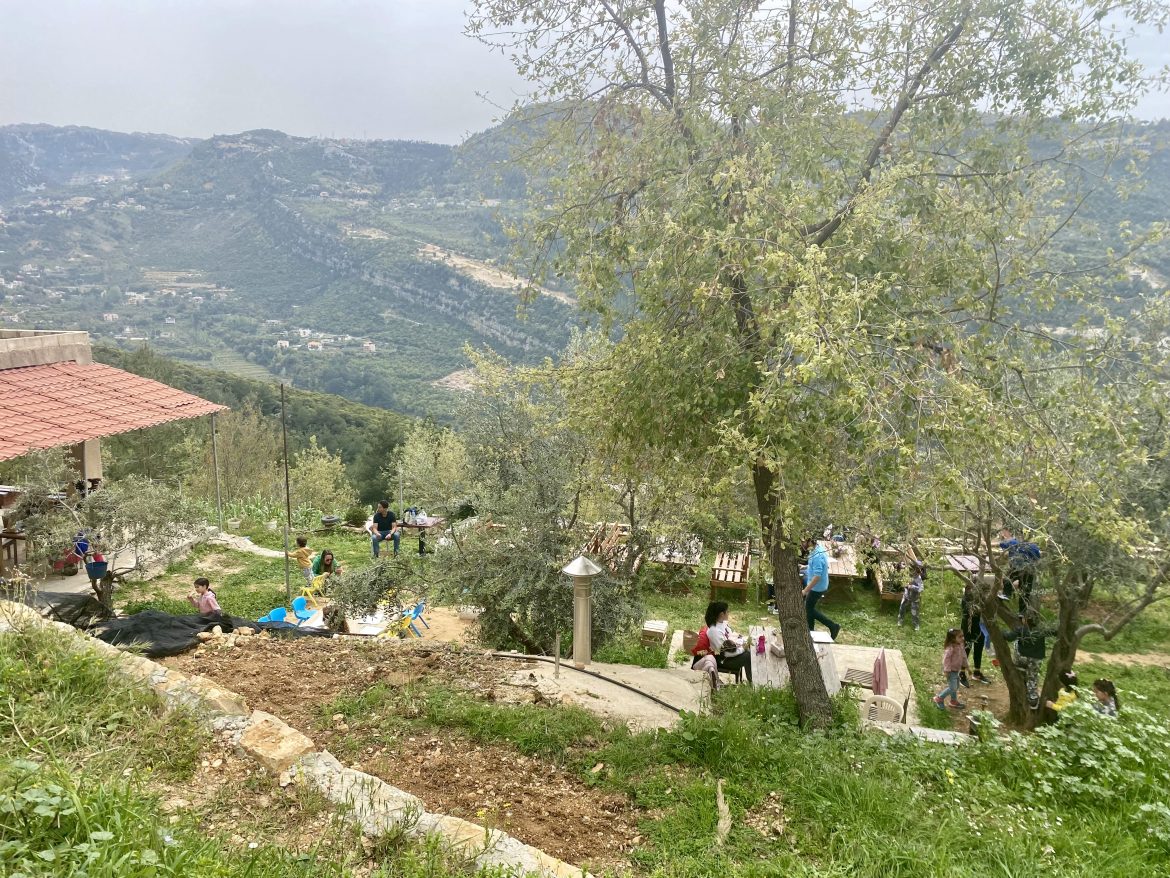From Struggle to Strength: Lebanon’s Agro-entrepreneurs in Uncertain Times
written by Sherine Najdi
Sherine Najdi
Sherine Najdi, a financial analyst for the past 4-5 years, holds a degree in Business Administration with a concentration in finance and wealth management. Now writing for Executive Magazine, she uses her deep understanding of economics and financial systems to keep the Lebanese society informed on key economic and social developments. Through her work, she aims to spread awareness and contribute to a well-informed community

